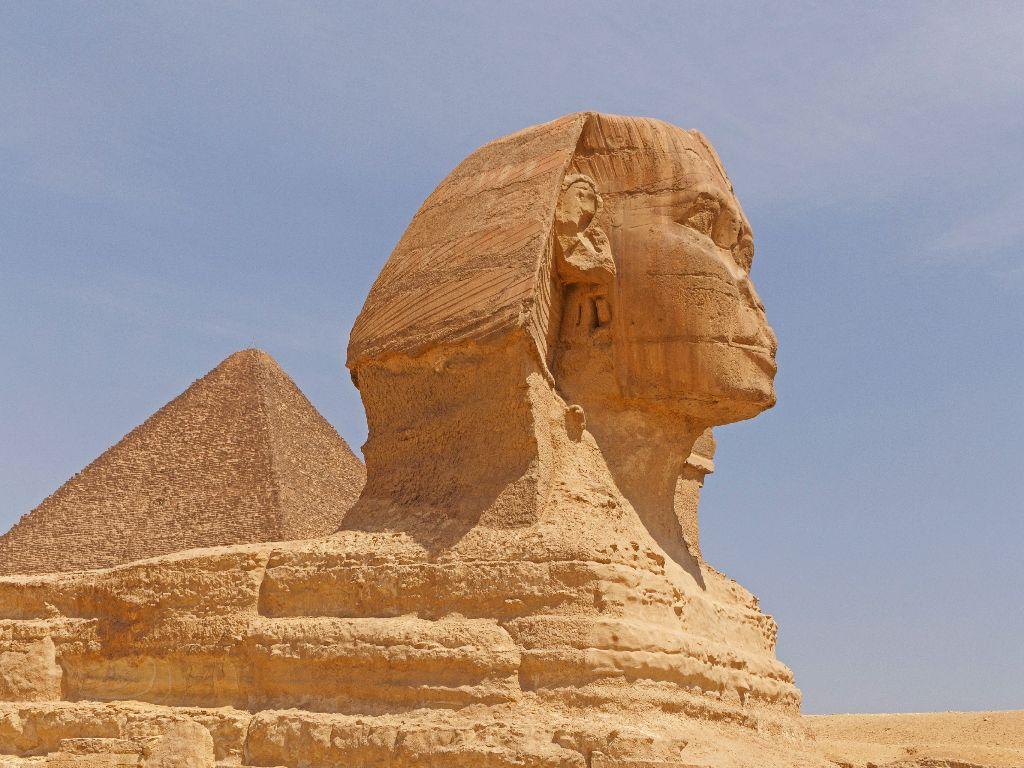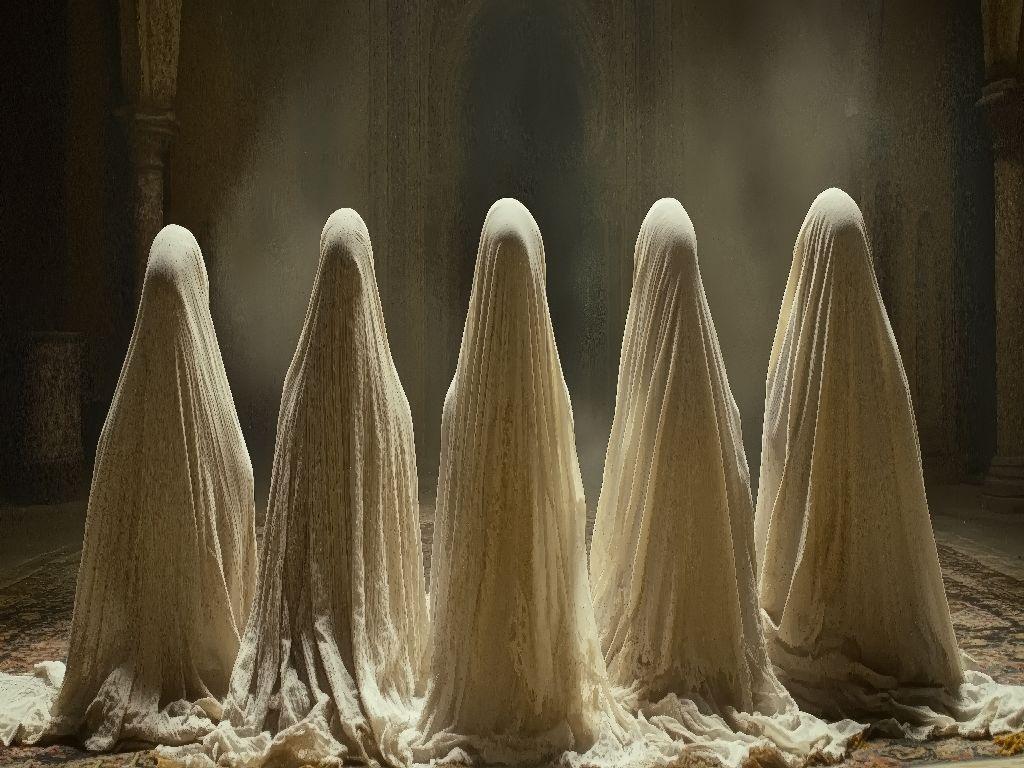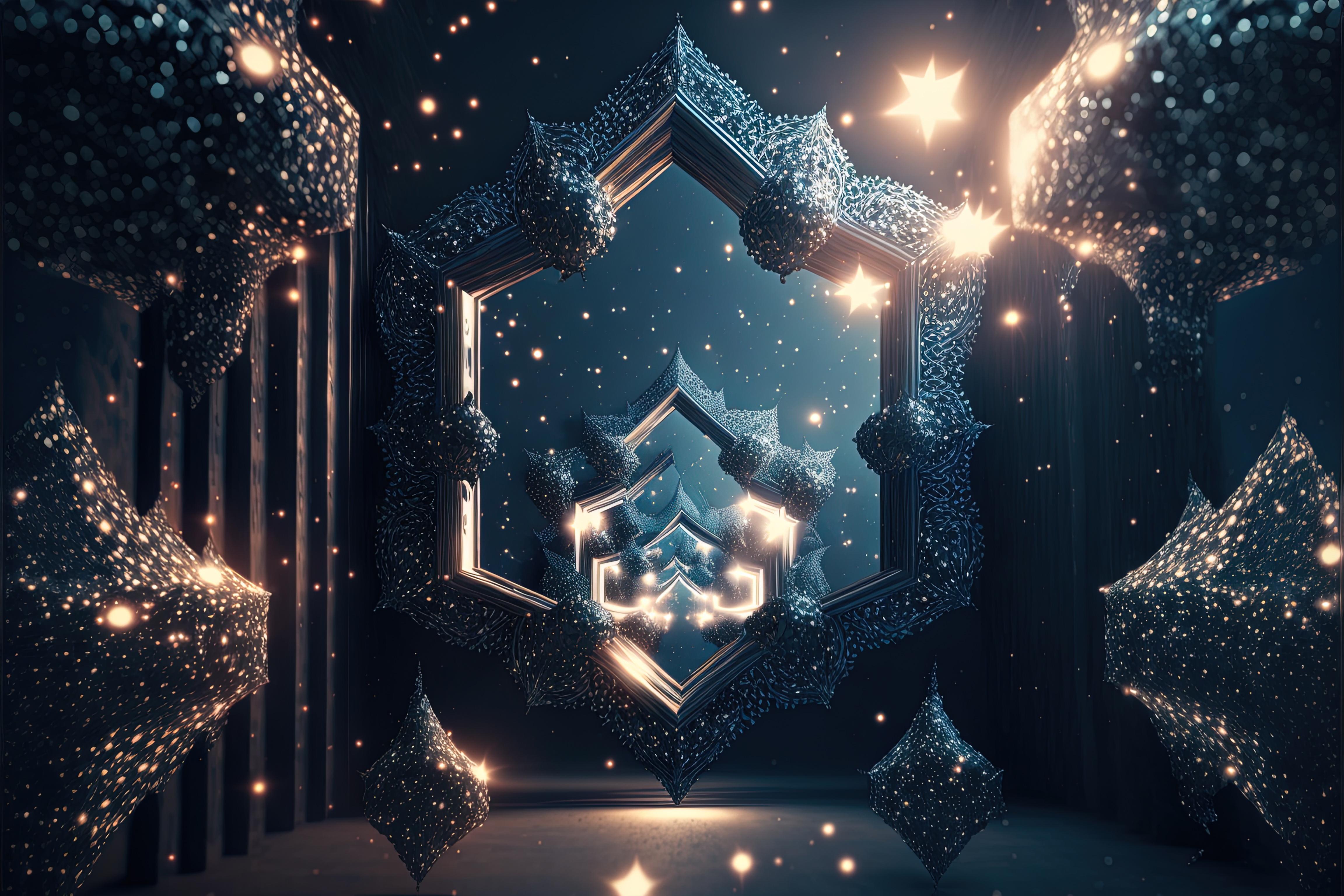Demiurg
Demiurge
Gnosticism / Philosophy / Cosmology / Esotericism / Theology
Definition:
The Demiurge (from Greek Dēmiourgós, meaning “craftsman” or “builder”) is a key concept in Gnostic cosmology and Platonic philosophy. He is portrayed as the creator of the material world, but not as the supreme divine being. Rather, the Demiurge is a lesser or flawed entity, sometimes ignorant or even malevolent, who imperfectly replicates divine ideals into material form.
Philosophical Origins:
-
In Plato’s Timaeus, the Demiurge is a benevolent divine artisan who shapes the cosmos from chaos using eternal forms as models
-
In Gnosticism (e.g. Valentinianism, Sethianism), the Demiurge is seen as a false or ignorant god, who traps souls in a deceptive material world
-
Often called Yaldabaoth, Saklas, or Samael and sometimes identified with the Old Testament God (a controversial and heretical idea in orthodox Christianity)
Gnostic View:
-
True divine light (the Pleroma) exists beyond the material cosmos
-
The Demiurge, unaware of the higher reality, creates a flawed and illusory world
-
Human beings contain a divine spark trapped in matter
-
Gnosis (knowledge) is the path to awakening and liberation from the Demiurge’s illusion
Modern Esoteric Interpretations:
-
In esoteric systems (e.g. Theosophy, Anthroposophy, Hermeticism), the Demiurge symbolizes the force of limitation, form, and mental construction
-
Sometimes viewed as a necessary polarity: creator of structure, but not the ultimate source
-
Symbolically, the Demiurge is the Architect – giving shape, but lacking transcendence
Critical and Cultural Perspectives:
-
The Demiurge concept was historically deemed heretical by mainstream Christian theology
-
Gnostic themes are being rediscovered in modern spirituality, psychology, and mysticism
-
The Demiurge appears in modern sci-fi and philosophical fiction as a metaphor for false reality or control systems (e.g. The Matrix, Dark City)










